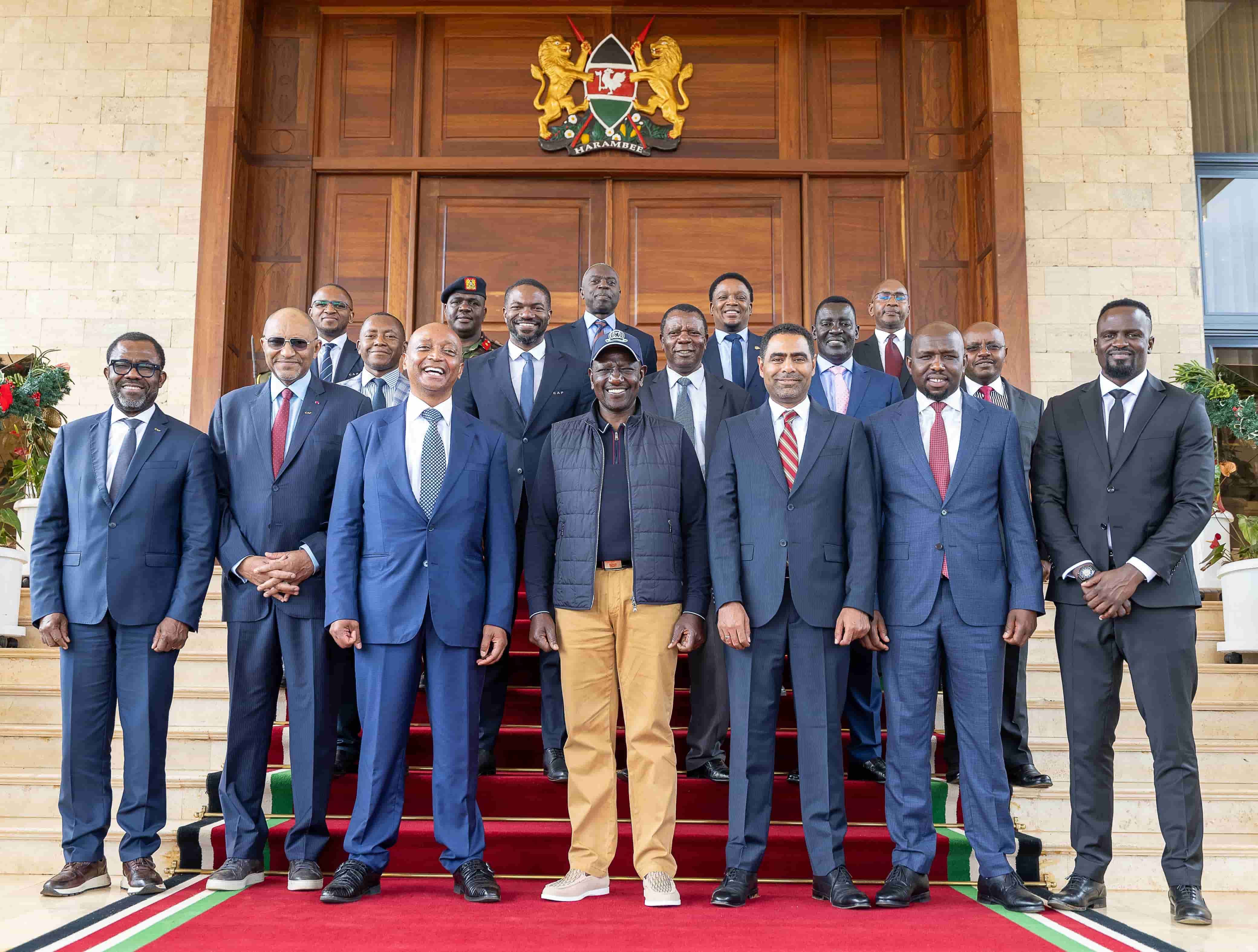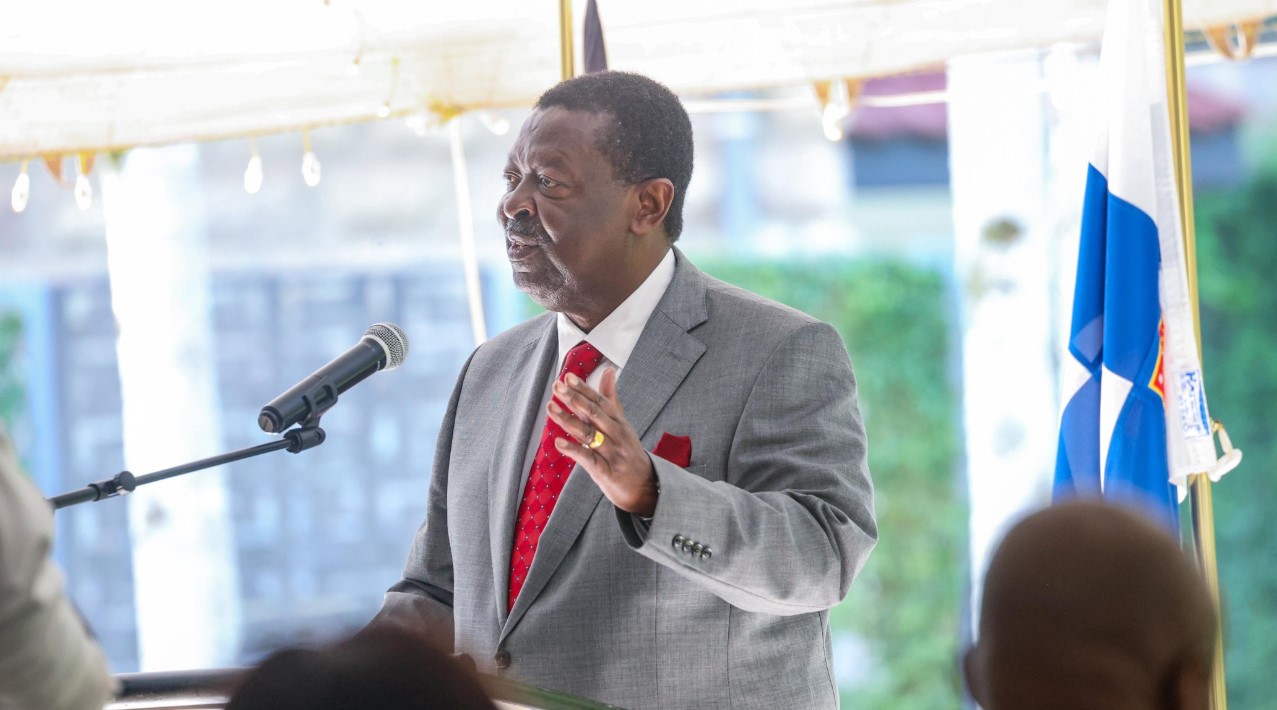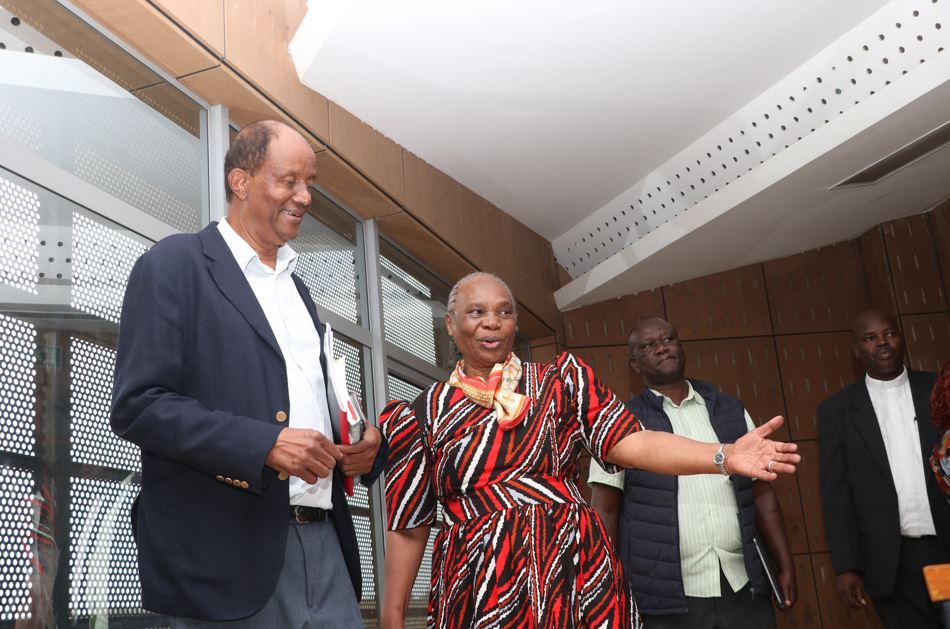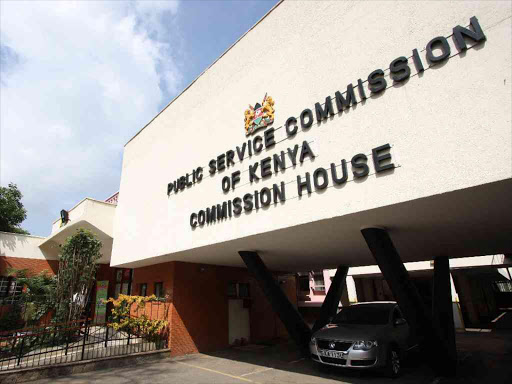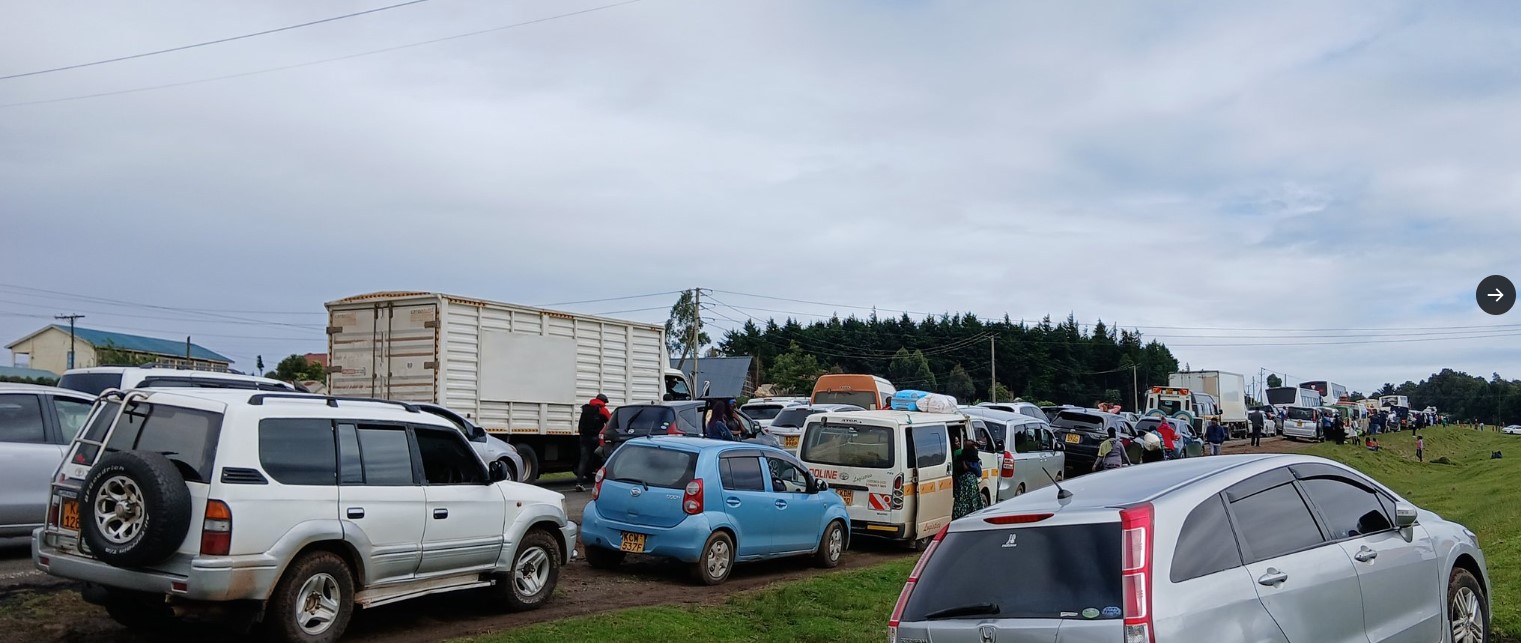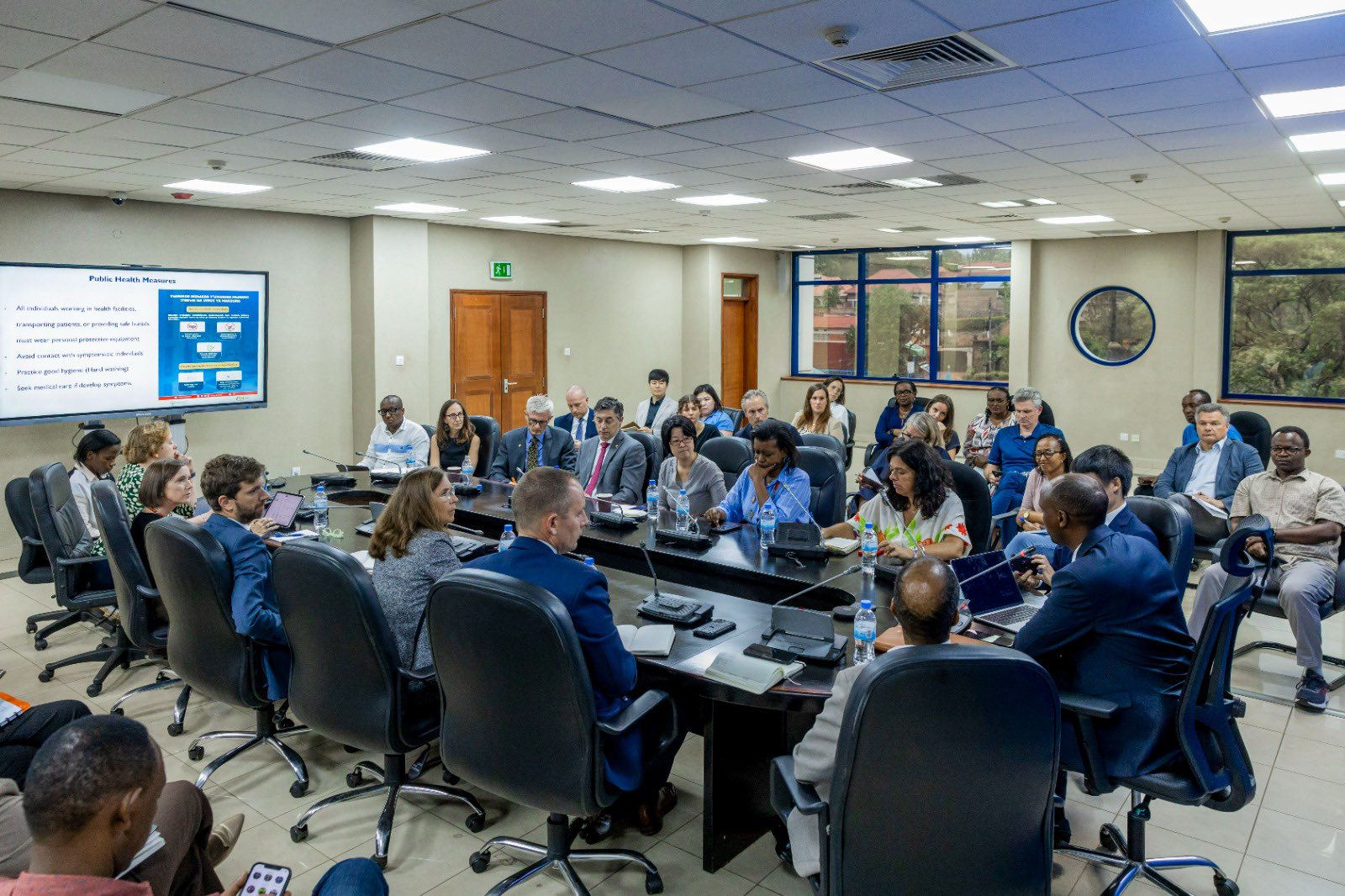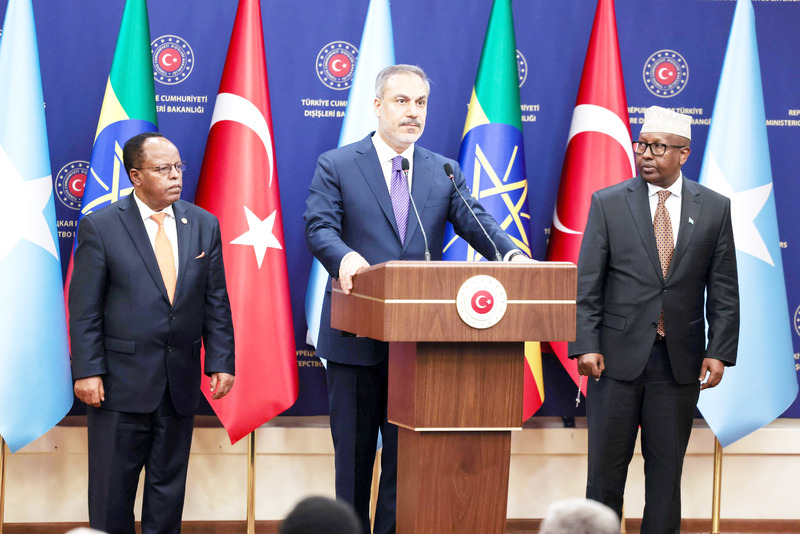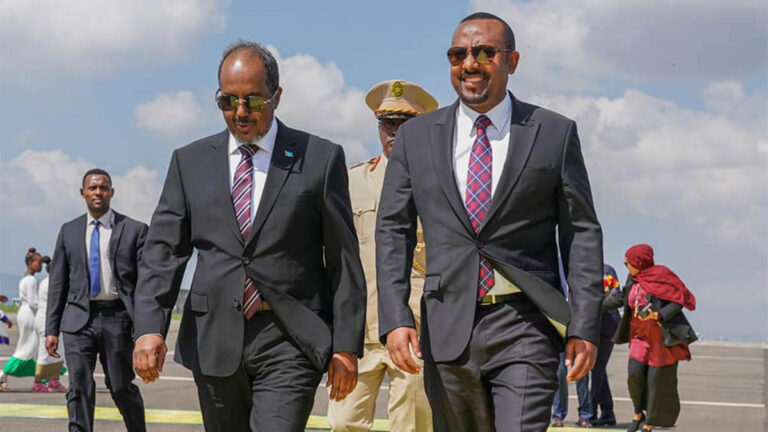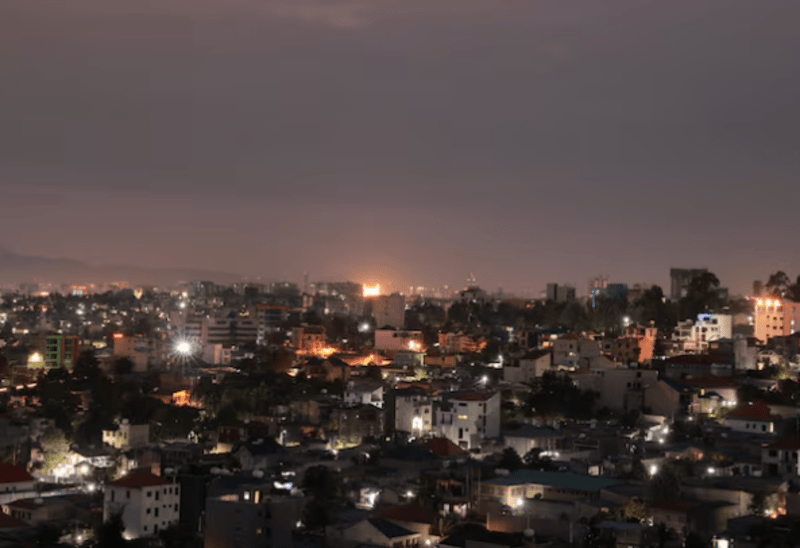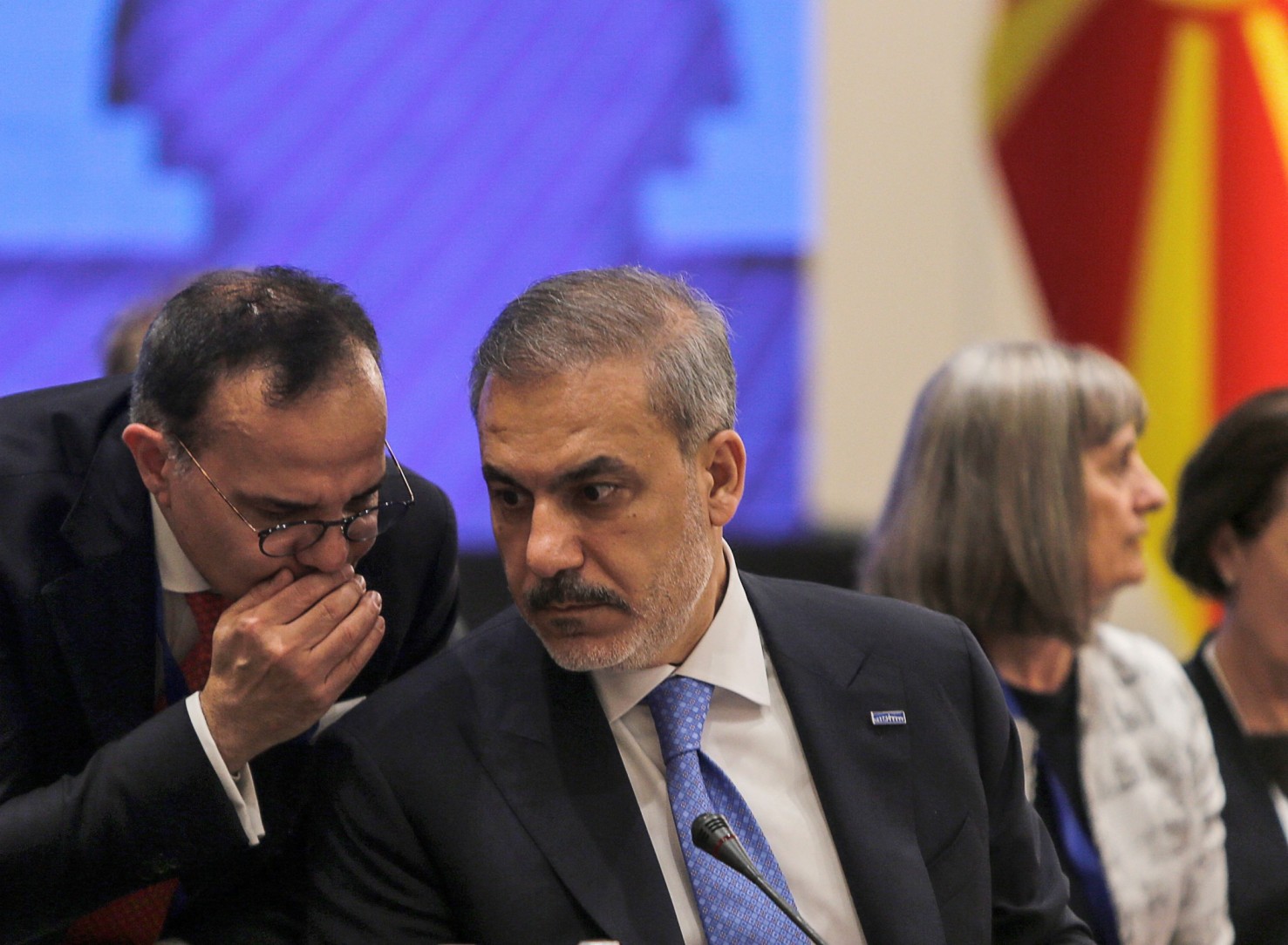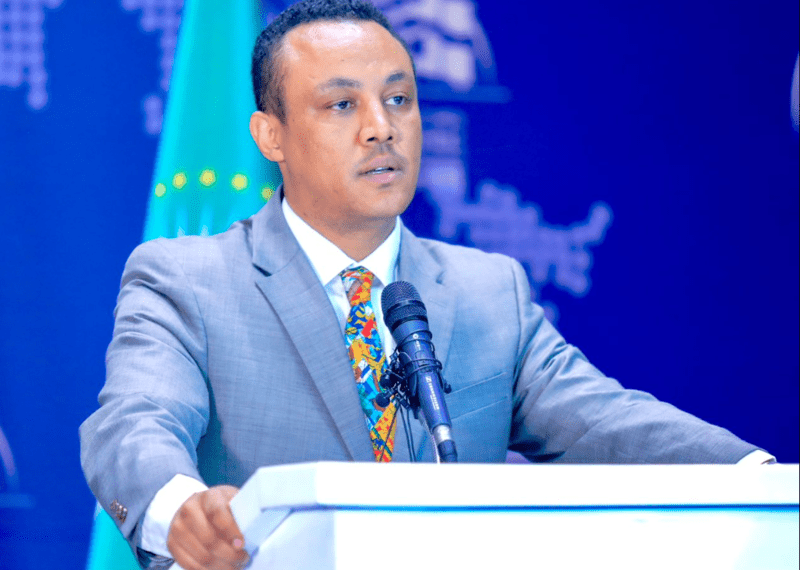Somaliland presidential election set for November 13
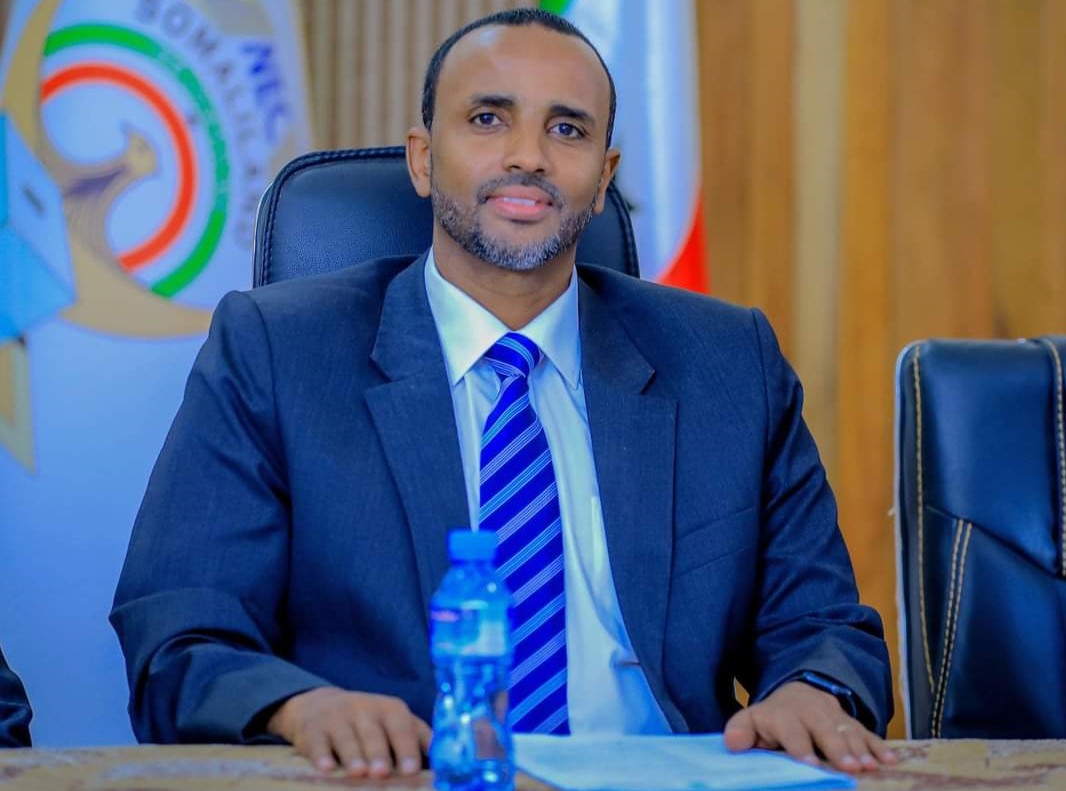
By Hassan Mohamed and Hanifa Adan |
The government of Somaliland said that they are deeply 'offended' by the language in the communique issued by the G7 foreign ministers referring to Somaliland as 'Somaliland region of Somalia'.
Somaliland, the breakaway region of Somalia will hold its presidential and political parties’ election on November 13, its electoral commission announced on Saturday.
The Presidential elections were to take place in November 2022 but were delayed by the Senate which extended the President’s term by two years largely due to opposition protests and later the bloody armed conflict in the Laas Anood region, which has since cut itself loose from Somaliland forming its own Khatumo State and aligning itself with Somalia.
Keep reading
Opposition parties in Somaliland also protested the Presidential elections postponement and blamed the government for the extension which ignited armed clashes between security forces and opposition clan militia supporters across Somaliland.
“As the scheduled election date approaches, the NEC calls upon all stakeholders, including political parties, political associations, civil society organisations, media, and the international community to actively participate in promoting civic engagement and ensuring a peaceful and inclusive environment,” the statement read.
The electoral commission said it has prepared the election schedule as required by law and shared it with President Muse Bihi Abdi, who is mandated to gazette the election date.
Somaliland claimed to have seceded from Somalia in 1991 after the collapse of the central government.
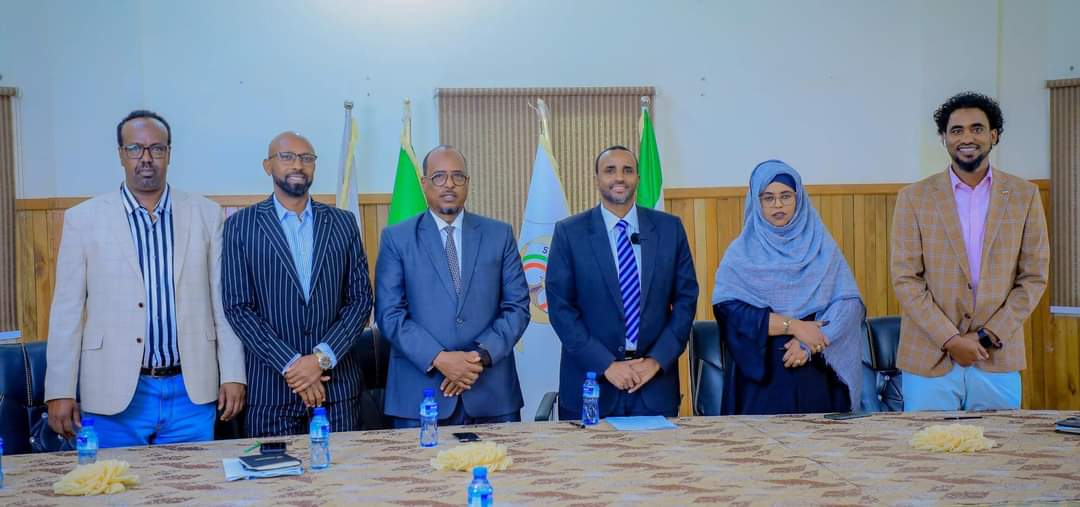 Members of the Somaliland National Election Commission (NEC). (Photo: Somaliland National Television SLNTV)
Members of the Somaliland National Election Commission (NEC). (Photo: Somaliland National Television SLNTV)
On 1 January 2024, Somaliland signed a memorandum of understanding with Ethiopia to lease 20 km of its coastline to build a port and a military base, in return for Ethiopia to recognise Somaliland.
The agreement angered the Somalia government as well as several other countries who have since reaffirmed respect for Somalia’s sovereignty and territorial integrity.
The latest concern came on Friday from the G7 political and economic group comprising of United Kingdom, the United States, Canada, France, Germany, Italy and Japan who emphasised the adherence to international law and principles of sovereignty.
Offended by G7 statement
The government of Somaliland said in a statement that they are deeply 'offended' by the language in the communique issued by the G7 foreign ministers referring to Somaliland as the 'Somaliland region of Somalia'.
"It is indigenous and unacceptable that G7 governments, knowing fully well the history of the union between the two states of Somaliland and Somalia which had actually no legal basis and the subsequent dissolution of that union upon the collapse of the Somali government, to refer to refer to Somaliland as 'Somaliland region of Somalia'," read the statement by the Somaliland Ministry of Foreign Affairs.
The statement adds that Somaliland is a sovereign state with its own laws and constitution, reaffirmed by the people of Somaliland in a democratic constitutional referendum.
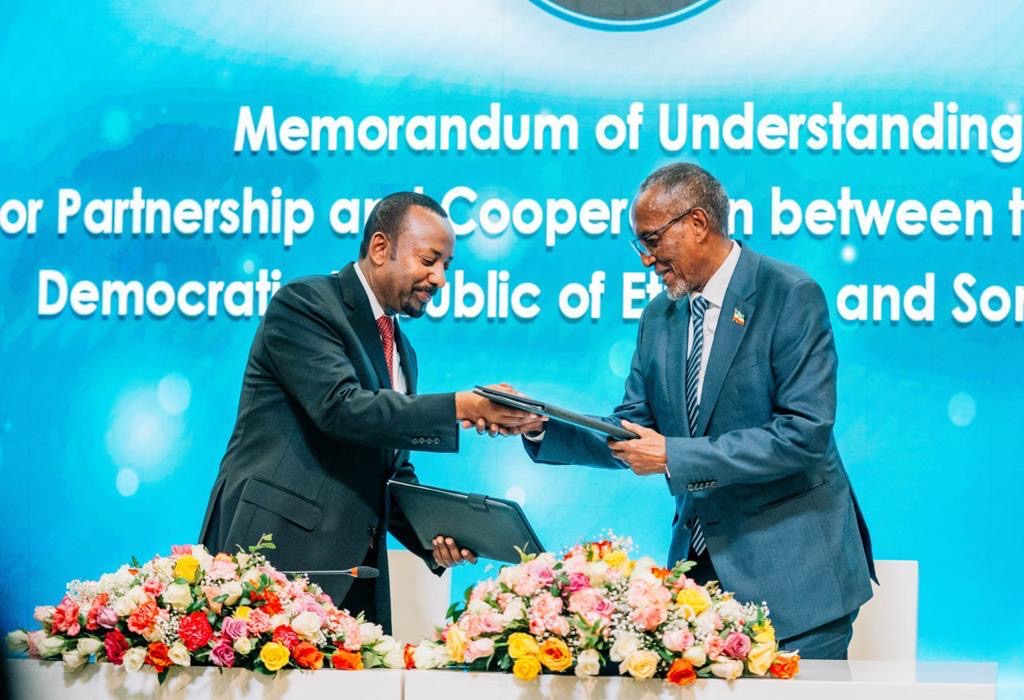 Ethiopia Prime Minister Abiy Ahmed Ali and Somaliland leader Muse Bihi Abdi in Addis Ababa during the signing of the memorandum of understanding.
Ethiopia Prime Minister Abiy Ahmed Ali and Somaliland leader Muse Bihi Abdi in Addis Ababa during the signing of the memorandum of understanding.
"Somaliland urges the G7 to take note of the growing belligerence of Somalia and the attempts by their leadership to reignite past historical conflicts which the region as a whole and Mogadishu in particular in its current state of fragility, can ill afford," it said.
The G7 statement voiced concerns over the Memorandum of Understanding (MoU) between Ethiopia and the Somaliland region of Somalia, announced in January 2024, for the latter's access to the Red Sea for military and commercial purposes.
It emphasised the importance of maintaining open dialogue channels to avert a further escalation of the dispute between Somalia and Ethiopia, urging adherence to international law and principles of sovereignty.
While acknowledging progress in implementing the Pretoria cessation of hostilities agreement between the Ethiopian government and the Tigray People's Liberation Front (TPLF), the G7 expressed distress over persistent tensions, human rights violations, an economic crisis, and food insecurity in Ethiopia.
Somalia has assured its commitment to stability within its borders and regionally and will strengthen collaboration with the Group of Seven (G7) and other international partners to make further progress in the institutional, macroeconomic and security sectors, noted in a statement on Friday, following an acknowledgement of important progress by the G7.
"We encourage the Somali authorities to continue to make meaningful progress in the fight against Al-Shabaab and the consolidation of the institutional framework, including the completion of a transparent and inclusive constitutional reform process," the group said in a statement.
Regarding the war on terror, the ministry said Somalia remained determined to defeat Al-Shabaab and enhance its institutional framework.
Reader comments
Follow Us and Stay Connected!
We'd love for you to join our community and stay updated with our latest stories and updates. Follow us on our social media channels and be part of the conversation!
Let's stay connected and keep the dialogue going!

